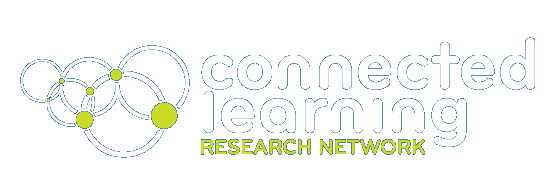Connecting Youth Interests Via Libraries
July 31, 2014
As libraries across the country reimagine themselves, patrons, particularly young ones, are finding them more relevant in today’s technological age.
Examples of innovative projects, tapping into the power of the Internet, include the Chicago Public Library, which offers a free Maker Lab, with access to 3-D printers and milling machines; and two branches of the Los Angeles Public Library (LAPL), where underserved kids are learning to code and tell stories through photography this summer.
Many other l Read More...

 RSS Feed
RSS Feed








